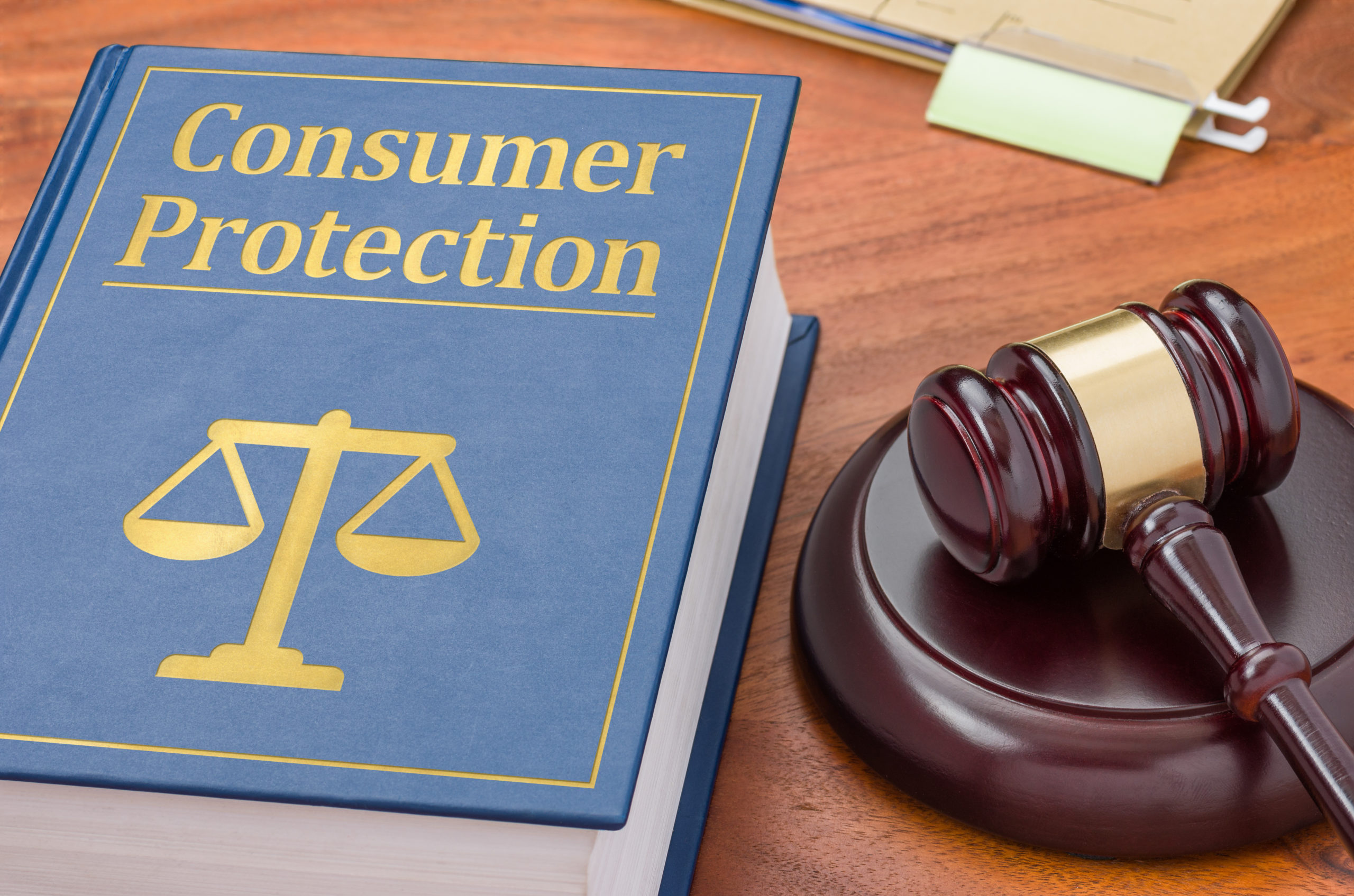In order to protect commercial trade practices and deter improper use of such practices within its state, The District of Columbia has implemented their own regulation for effective enforcement of fair trade and business practices.
D.C Consumer Protection Procedures Act
Under D.C. Code, Title 28 governs all commercial instruments and transactions. Chapter 39 of that Title codifies the Consumer Protection Procedures Act “CPPA” which forbids business practices that are unethical and deceptive. See D.C. Code §§ 28-3901-28-3913. The CPPA makes it a violation for any person to engage in an unfair or deceptive trade practice, regardless of whether the consumer was actually misled, deceived, or damaged. The CPPA protects transactions anywhere from the sale of motor vehicles to home mortgages, and much more.
Unfair and deceptive trade practices include: misrepresenting a good or service for qualities it does not have, such as an approval or certification; misrepresenting goods as original or new, but in fact are actually deteriorated, used or altered in any way; misrepresenting that the goods or services are up to a particular standard, such as a certain quality or grade; or advertising goods or services without the actual intent to sell them. D.C law also makes it unlawful to make or enforce unconscionable terms or provisions of sales or leases, such as knowingly taking advantage of a consumer who maintains the inability to reasonably protect his interests by reason of age or mental illness. See D.C. Code §28-3904 for the full list of unlawful trade practices.
How do I Submit a Consumer Complaint?
The Department of Consumer and Regulatory Affairs is the principal consumer protection agency of the D.C. government, and the department in which a consumer may file a complaint pursuant to the CPPA. A case is begun by filing with the Department at oag.dc.gov, plainly describing the trade practice, the name and address of the respondent as well as any other information that the Department may require. After investigation, the Department director shall determine what trade practice actually occurred and whether that trade practice violates any statute, regulation or other law of D.C. It is discretionary upon the director to make the decision on whether to prosecute certain cases. If a director deems the trade practice a violation of D.C. law, he or she will inform both the complainant and respondent, and officials of the District or the United Sates, whichever jurisdiction properly enforces the law. See D.C. Code § 28-3905.
If viable, the case will then be transmitted to the Office of Adjudication where the Chief of the Office of Compliance will sign and later serve the respondent the department’s summons to answer or appear before the Office.
The CPPA also provides that a consumer may bring a private action seeking relief from the use of a trade in violation of a law of the District. See D.C. Code § 28-3905(k).
What are my Remedies under the Consumer Protection Procedures Act?
After the Office of Adjudication hears the case and concludes there has been a trade practice violation, an order will be issued requiring the respondent to cease and desist from such conduct, ordering redress through contract damages, restitution for money and time, or other value. The order can also require the respondent to pay the department its costs for the investigation and hearing. See D.C. Code § 28-3905(g).
For consumers who bring private actions, the CPPA allows the recovery of treble damages, reasonable attorney’s fees, and punitive damages. See D.C. Code § 28-3905(k).








